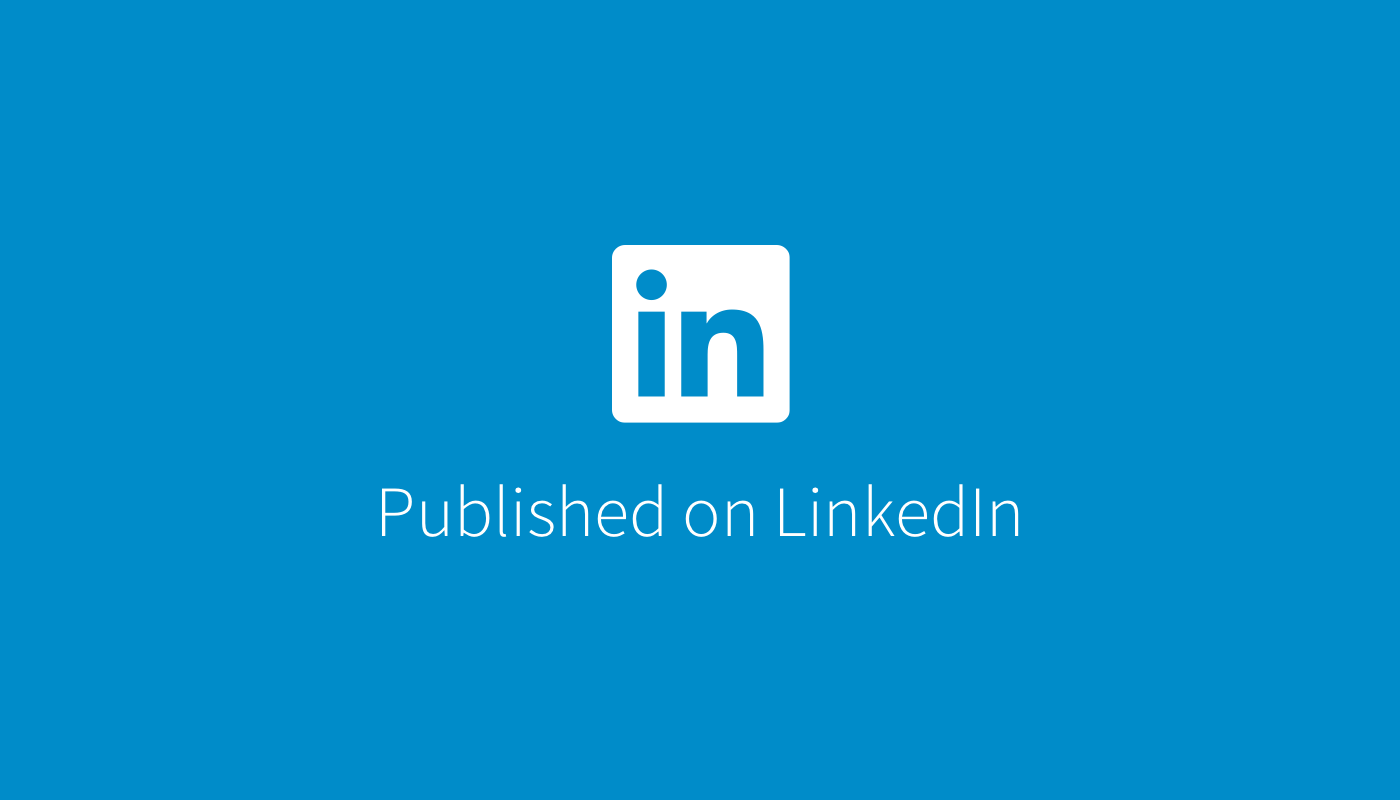Here's to how find health insurance when you're already sick.
Michelle, the former editorial director, insurance, at QuinStreet, is a writer, editor and expert on car insurance and personal finance. Prior to joining QuinStreet, she reported and edited articles on technology, lifestyle, education and government for magazines, websites and major newspapers, including the New York Daily News.
Read full bio >>
Penny is an expert on insurance procedures, rates, policies and claims. She has extensive knowledge of all major insurance lines -- auto, homeowners, life and health insurance. She has been answering consumers’ questions as an analyst for more than 15 years and has been featured in numerous major media outlets, including the Washington Post and Kiplinger’s.
Read full bio >>
At Insure.com, we are committed to providing honest and reliable information so that you can make the best financial decisions for you and your family. All of our content is written and reviewed by industry professionals and insurance experts. We maintain strict editorial independence from insurance companies to maintain our editorial integrity, so our recommendations are unbiased and are based on a comprehensive list of criteria.
If you’re uninsured and sick, you may feel locked out of the health insurancemarket. While it’s true that it may seem impossible — or unaffordable — to buy health insurance when you have a “pre-existing condition,” there are practical ways you may be able to get coverage for yourself to ease the burden of medical bills.
1. Get a job with a group health planGranted, it’s not a piece of cake to go out and find a job that will offer you group health insurance, especially if your illness prevents you from working. But securing group coverage is sometimes your best shot at accessing affordable medical insurance. Once you become eligible for an employer’s group health plan, which may include sitting out a standard waiting period, you must be accepted into the plan with the same coverage as other employees; a group plan cannot exclude yourpre-existing conditions like an individual private-market plan could.2. Have your spouse get a job with a group health planIf it’s not feasible for you to get a job with group benefits, perhaps your spouse could. Then you could be added to the plan as a dependent. You’d still gain the benefits of group health rates and cannot be excluded because of pre-existing conditions.3. Start a businessIf working for someone else in order to gain group benefits isn’t your style, you may be able to achieve the same result by working for yourself. Some local Chambers of Commerce offer group health benefits to members. By starting a viable business and joining the Chamber, you may be able to buy into a Chamber group health plan.4. Buy an individual plan on the private marketHow, you are asking, could you possibly obtain coverage through a private-market health plan if you are already sick? While you aren’t likely to find a plan to cover your pre-existing condition, you may be able to find one for other medical visits. Health insurers may be willing to sell you a health plan that excludes your condition (called an “elimination rider”) but that would still cover treatment unrelated to your condition. This route, though not ideal, allows you to secure partial coverage.5. Turn 65Once you turn 65 and are eligible for Medicare, you will be covered. Medicare can’t exclude your pre-existing conditions from coverage.Depends on your state6. Buy a “guaranteed issue” planThe following states require that health insurers offer all or some of their health plans to individuals regardless of pre-existing conditions: California, Idaho, Maine, Massachusetts, Michigan, New Jersey, New York, Ohio, Oreon, Rhose Island, Utah, Vermont, Washington and West Virgina, according to the Henry Kaiser Family Foundation (KFF). For more information about your state’s laws, visit statehealthfacts.org.7. Be a “group of one”Some states require that health insurers offer guaranteed issue group health plans to small groups. “Guaranteed issue” means that your group cannot be turned down, even if the group has unhealthy members.Now here’s where you may be in luck: Some states mandate that those plans be offered to groups as small as one, such as self-employed individuals. That means that by creating your own “group of one,” you may have access to a group health plan. Laws vary by state and sometimes your “group” has only a small window each year to enroll. For example, in Florida, health insurers are required to offer guaranteed issue basic or standard plans to the self-employed during a one-month annual open enrollment period, according to KFF. To see whether your state has such a law, see KFF’s statehealthfacts.org.8. Join the “high risk pool”Most states offer a “high risk health insurance pool,” but you have to be eligible. Rules vary by state, but generally you must show that you’ve been turned down for an individual plan or offered only plans with “elimination riders” or very high premiums. High risk pools typically have waiting periods of six to 12 months before coverage kicks in, and some may have waiting lists.



/investopedia-social-share-default-ab113c8afd9a439dbc4c68b1926292f4.png)



















